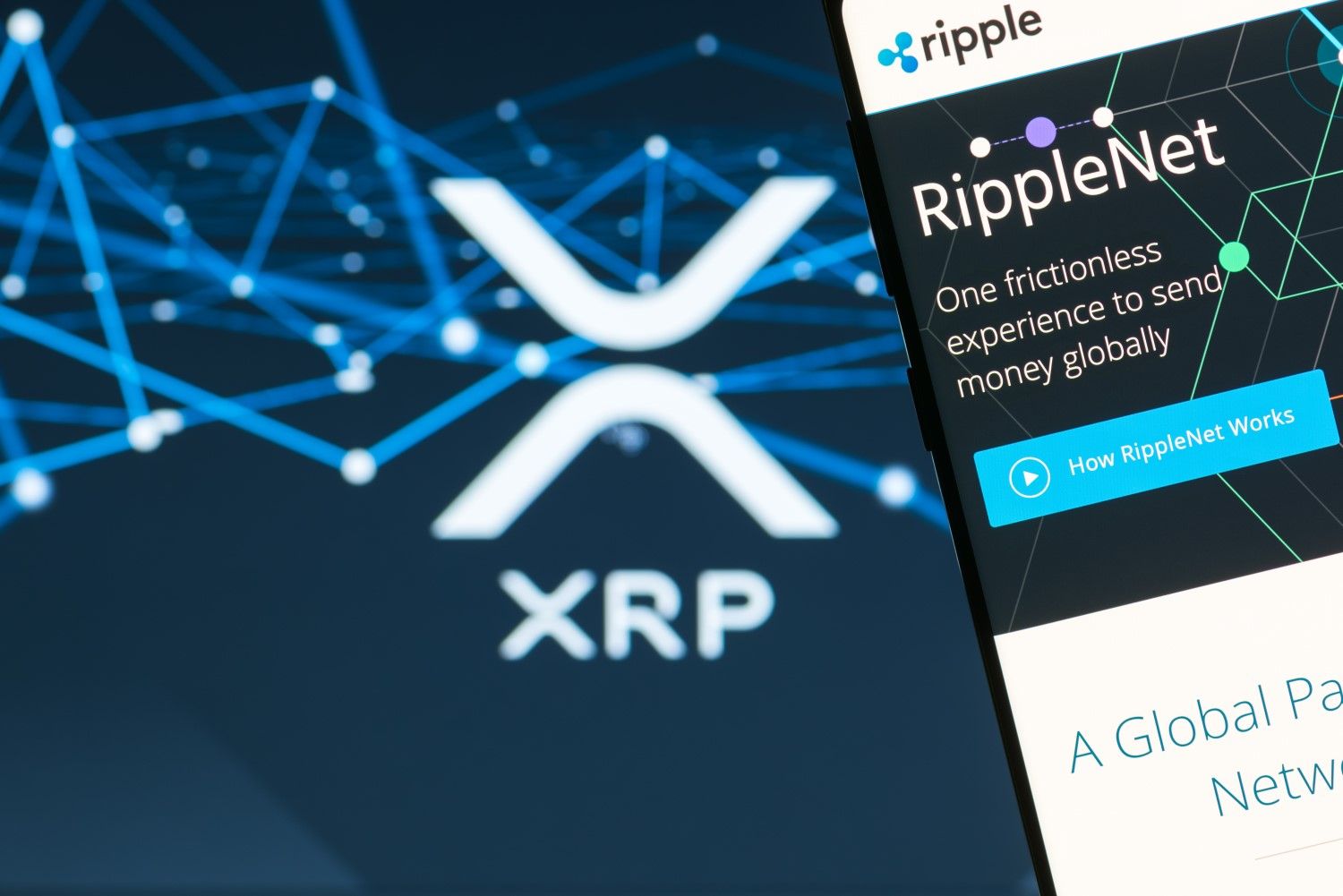Despite the Philippine Securities and Exchanges Commission warning the public against investing with Binance, the crypto exchange stays positive and relentless in bringing its services to the Southeast Asian country.
In an interview, Binance’s head of Asia-Pacific Leon Foong told Cointelegraph that they are very optimistic about being able to enter the Philippines. The executive highlighted that despite the efforts of a lobbying group to ban Binance, the firm will continue to be focused on trying to bring the benefits of crypto to the country. He explained that:
“We tend not to really get distracted by what some of these other so-called lobbying bodies are doing. Rather, we want to focus on how we continue offering our users a better experience.”
Foong believes that blockchain technology will be a key driver for financial inclusion and bring a huge opportunity to Filipinos. According to Foong, tech investments were once exclusive only to high-net-worth individuals. But with crypto and blockchain, the chance to invest in these projects is opened up to the masses across the globe. He said that:
“If you look at how crypto and how digital assets have developed over the years, it has actually opened up investment opportunities in new technologies and in new projects.”
Apart from these, the Binance executive also shared perspectives on how the country can increase its foreign direct investment volume. Foong said that this requires a regulatory framework that welcomes local and global players and rules that are pro-competition, pro-innovation and pro-user protection. Lastly, the executive said that the country must enable users to access global liquidity, with traders trading on the same order book.
Related: Binance ban off the cards, says Philippine trade and industry department
Regarding regulation, Foong commented that the Philippines is doing a great job creating its frameworks around the virtual asset service provider (VASP) and e-money issuer (EMI) licenses. When asked about the exchange’s progress in acquiring these critical licenses, the executive said they submitted the relevant paperwork. Still, they cannot comment any further as the details are confidential. He said that:
“I think we are optimistic that we’ll be given a chance to really acquire a registered entity in the Philippines and be able to work closer with key local stakeholders to offer the people the digital assets and blockchain experience that they deserve.”
According to Foong, compliance with regulation is a focus for the crypto exchange as it makes them accountable to their users. Additionally, having a direct relationship with regulators is very helpful in terms of clearing up misconceptions about the blockchain and crypto space.
Read More: cointelegraph.com









 Bitcoin
Bitcoin  Ethereum
Ethereum  XRP
XRP  Tether
Tether  Solana
Solana  Dogecoin
Dogecoin  Cardano
Cardano  USDC
USDC  Lido Staked Ether
Lido Staked Ether  Avalanche
Avalanche  TRON
TRON  Shiba Inu
Shiba Inu  Toncoin
Toncoin  Stellar
Stellar  Wrapped stETH
Wrapped stETH  Polkadot
Polkadot  Wrapped Bitcoin
Wrapped Bitcoin  Chainlink
Chainlink  Bitcoin Cash
Bitcoin Cash  WETH
WETH  Sui
Sui  Hedera
Hedera  Litecoin
Litecoin  Pepe
Pepe  NEAR Protocol
NEAR Protocol  LEO Token
LEO Token  Uniswap
Uniswap  Wrapped eETH
Wrapped eETH  Aptos
Aptos  Internet Computer
Internet Computer  USDS
USDS  Cronos
Cronos  Ethereum Classic
Ethereum Classic  POL (ex-MATIC)
POL (ex-MATIC)  Artificial Superintelligence Alliance
Artificial Superintelligence Alliance  Ethena USDe
Ethena USDe  Bittensor
Bittensor  Filecoin
Filecoin  Render
Render  Algorand
Algorand  Arbitrum
Arbitrum  Cosmos Hub
Cosmos Hub  Dai
Dai  Stacks
Stacks  Immutable
Immutable  WhiteBIT Coin
WhiteBIT Coin  Celestia
Celestia